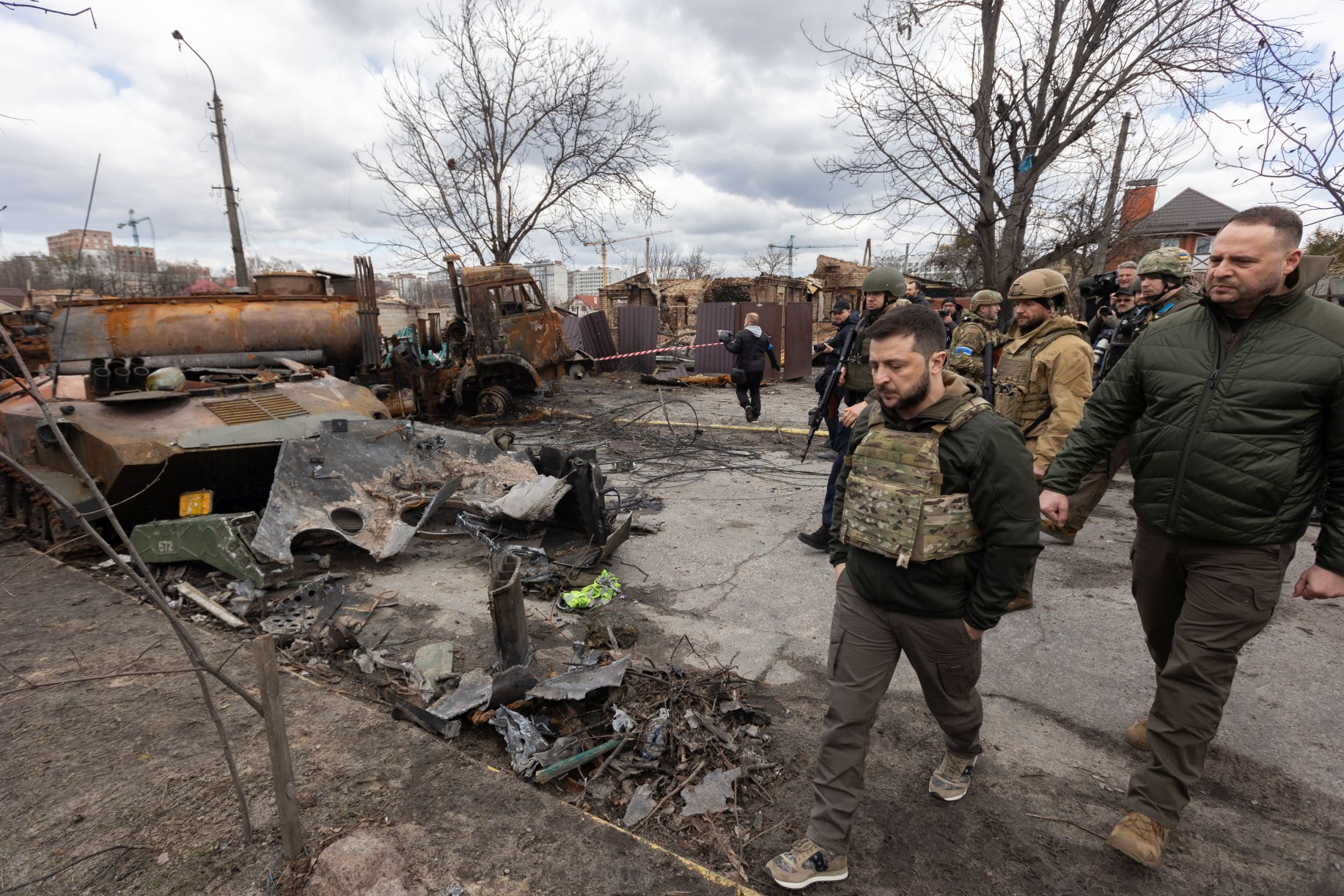How do you prepare and run national presidency in the EU Council? How can a member state and its institutions adjust to dynamically changing circumstances and a growing number of challenges over just half a year? How can an ambitious and a large player like Poland pursue its interests and care of the EU as a whole at the same time? Together with my core course at DIS – Study Abroad and Neringa Bigailaitė Vendelbo we had the privilege and the pleasure of visiting Poland’s Embassy to Denmark. Head of Mission Ewa Dębska and her team gave us a convincing account of how it is to work in international environment, linking bilateral and multilateral diplomacy in times like these.

My experiential learning-based European Game of Politics: Crisis and Survival course will soon transform into a classroom on wheels. We will go to Brussels to meet with EU professionals and long-term friends of DIS, such as Jon Kyst, Soren Liborius, Sidonie Wetzig, College of Europe and many more. We will talk about security, resilience, future of the transatlantic alliance, EU’s support for Ukraine and other topics vital for a billion people living on both sides of the Atlantic.










